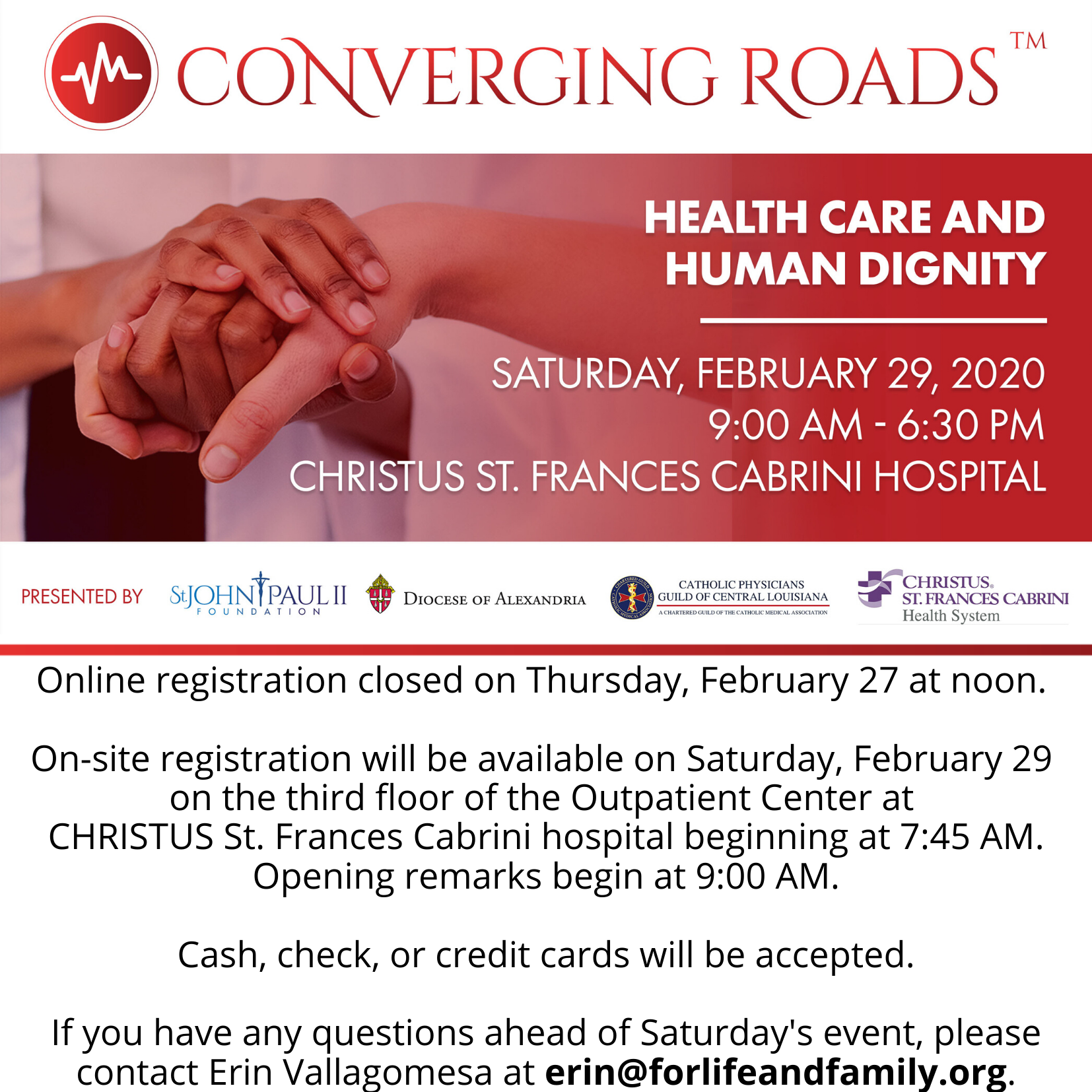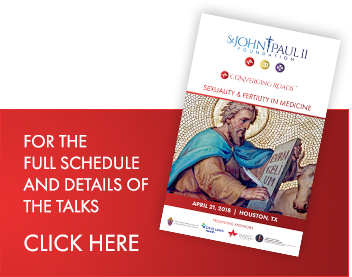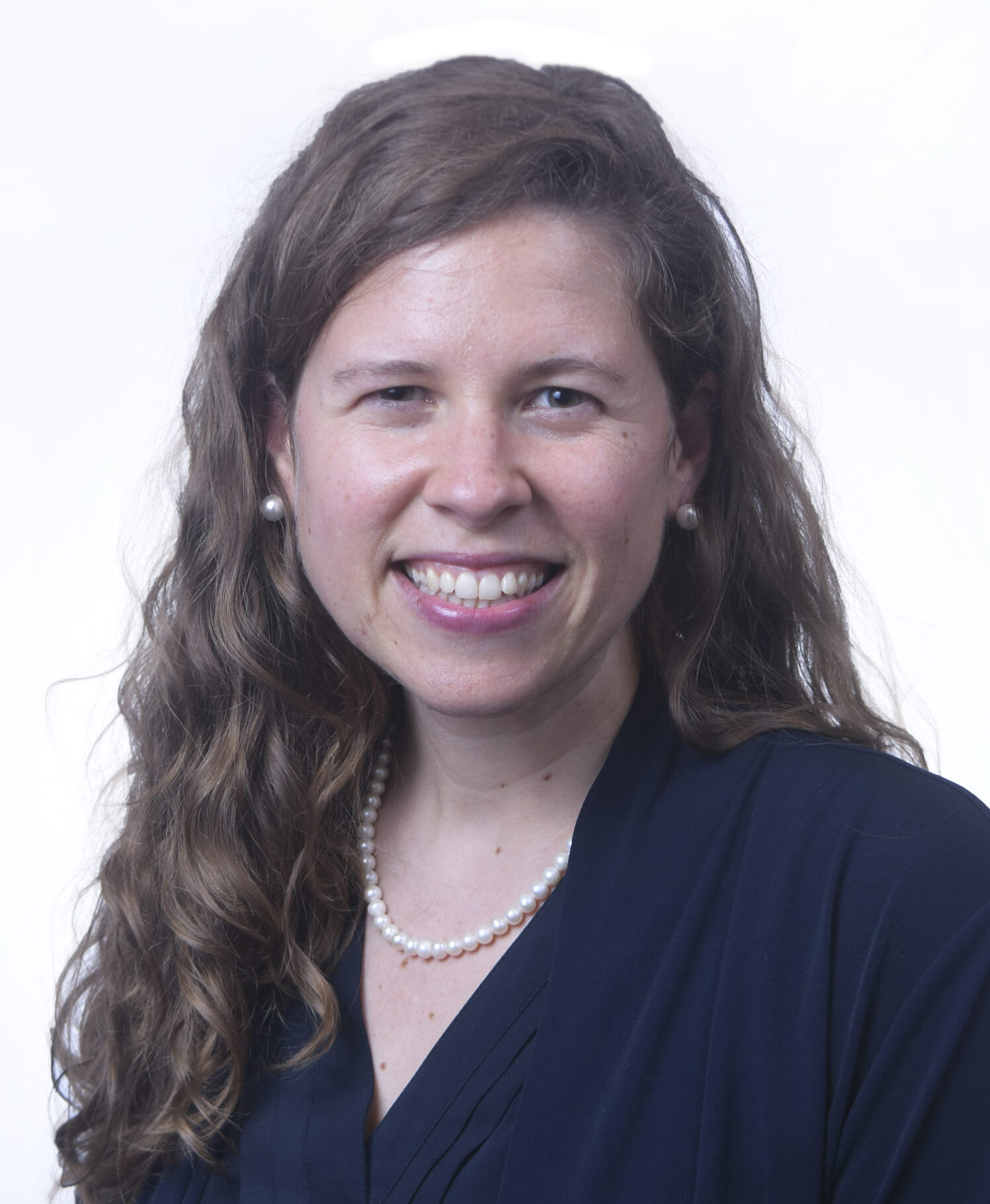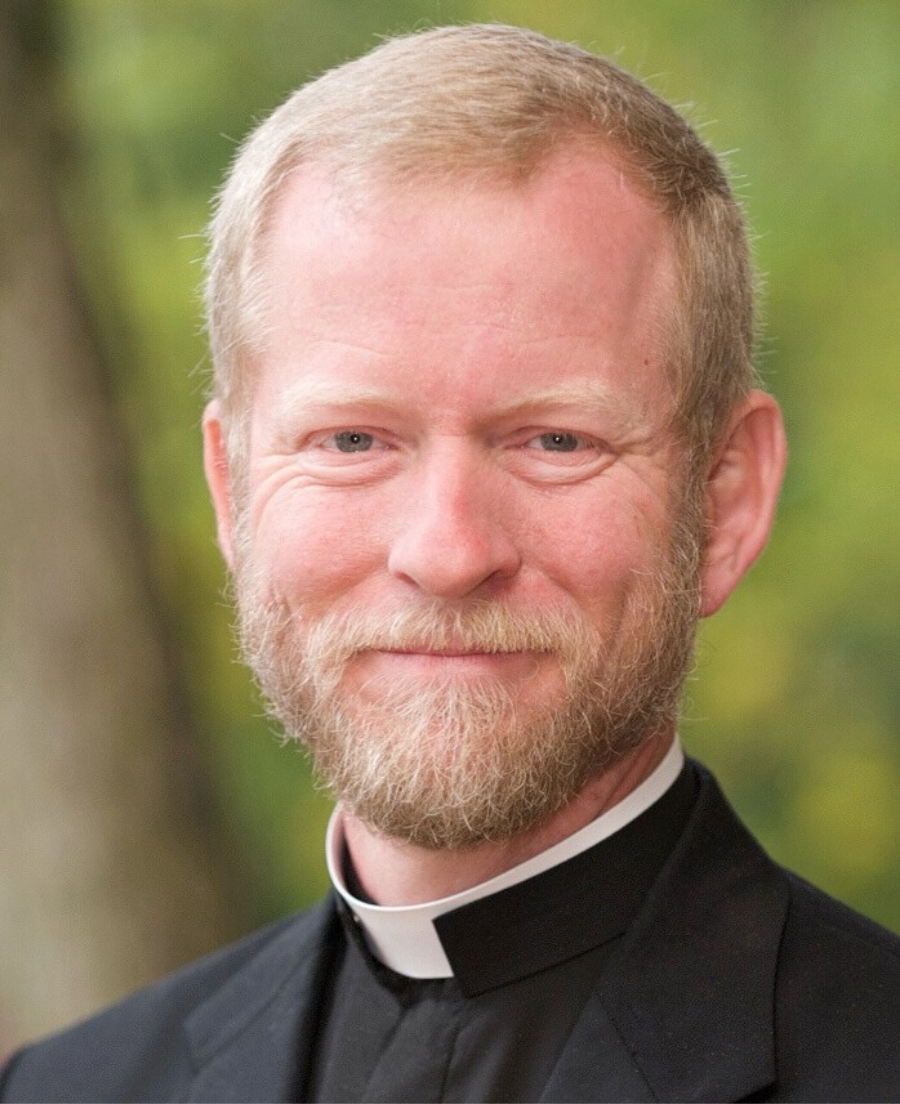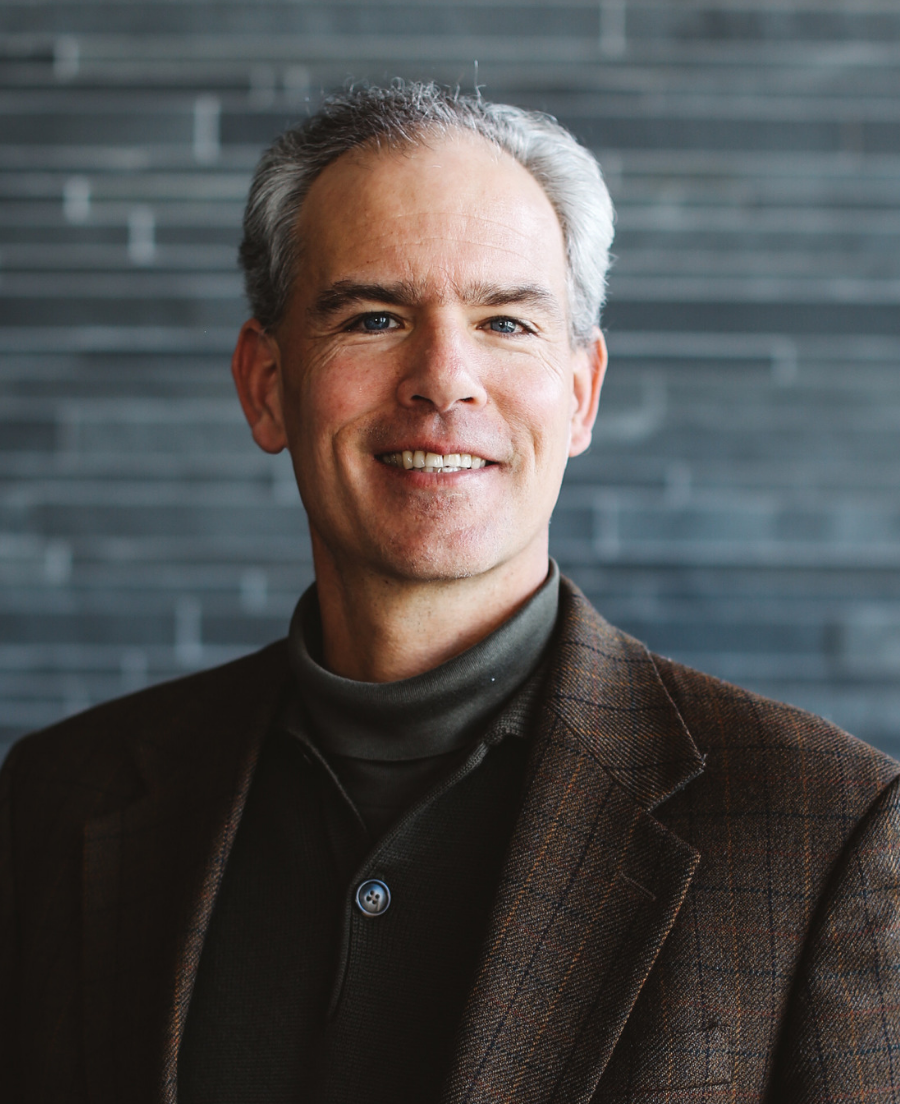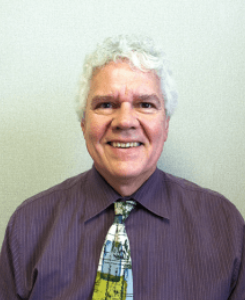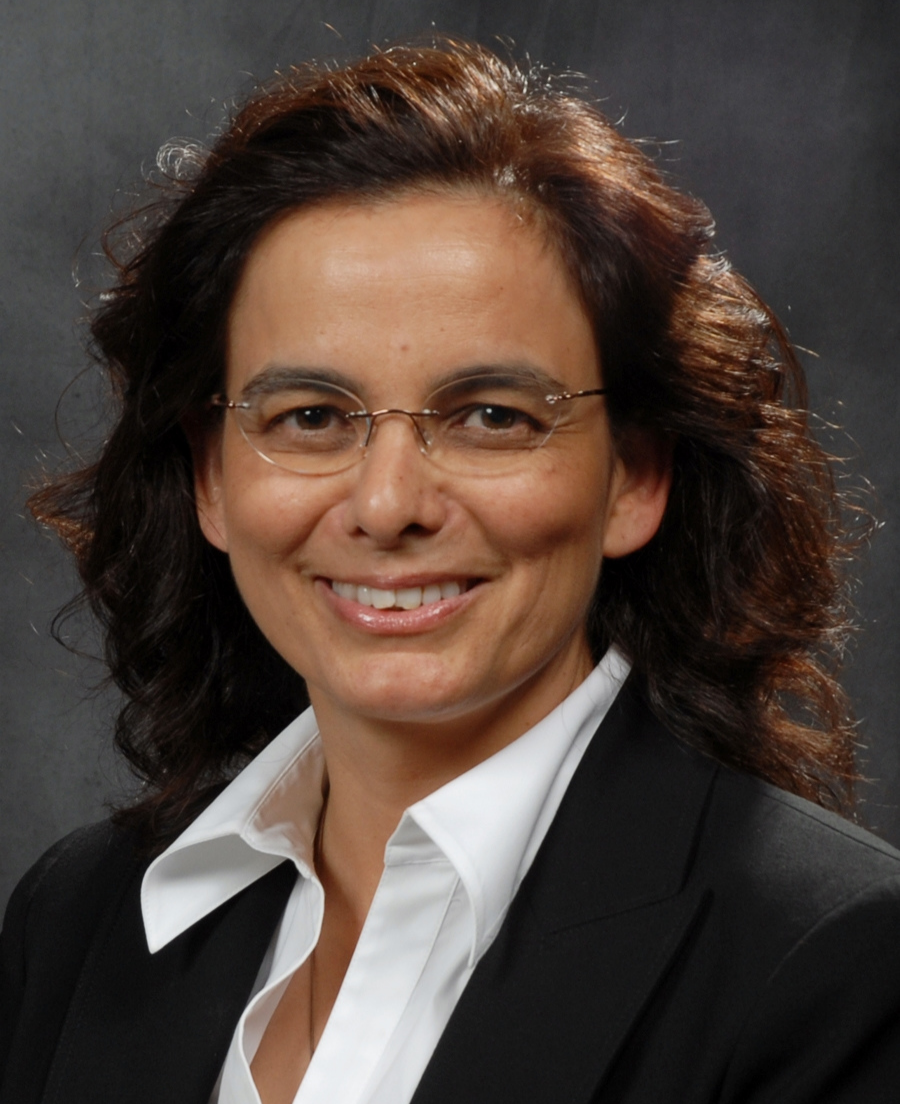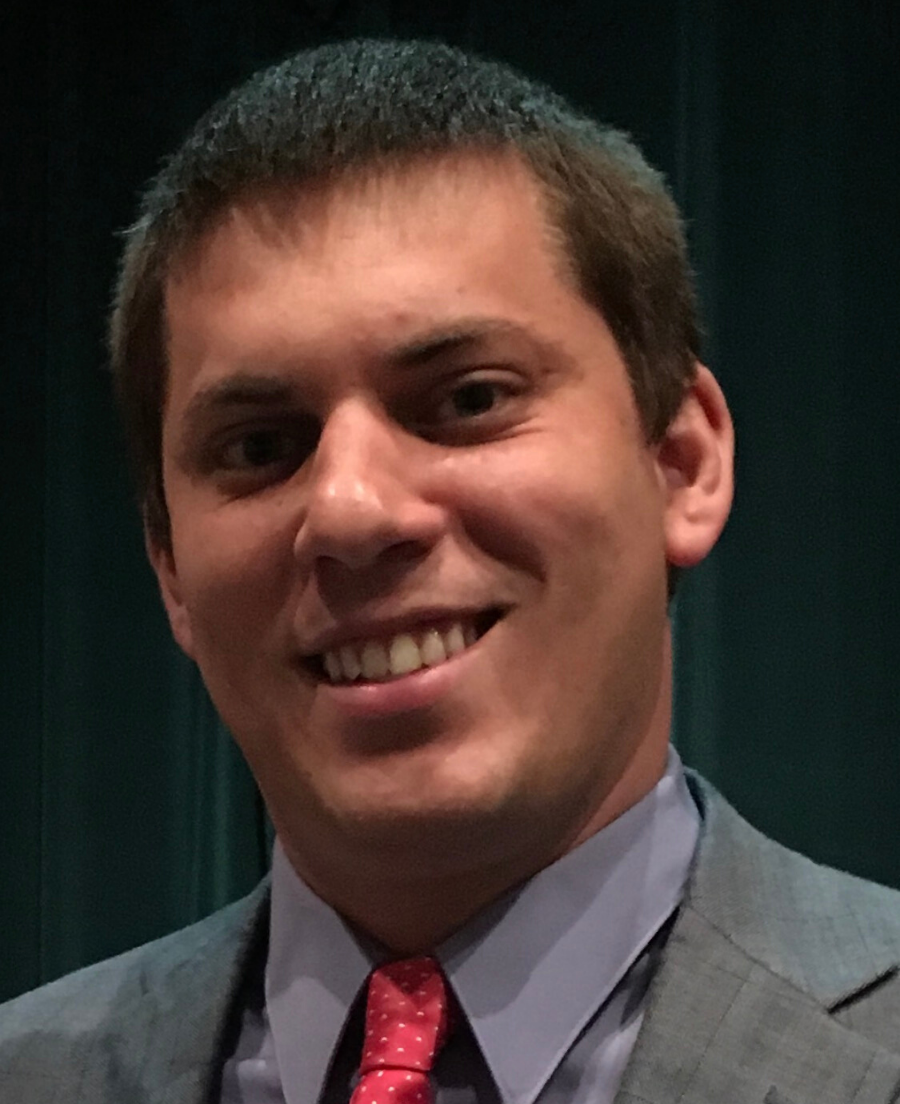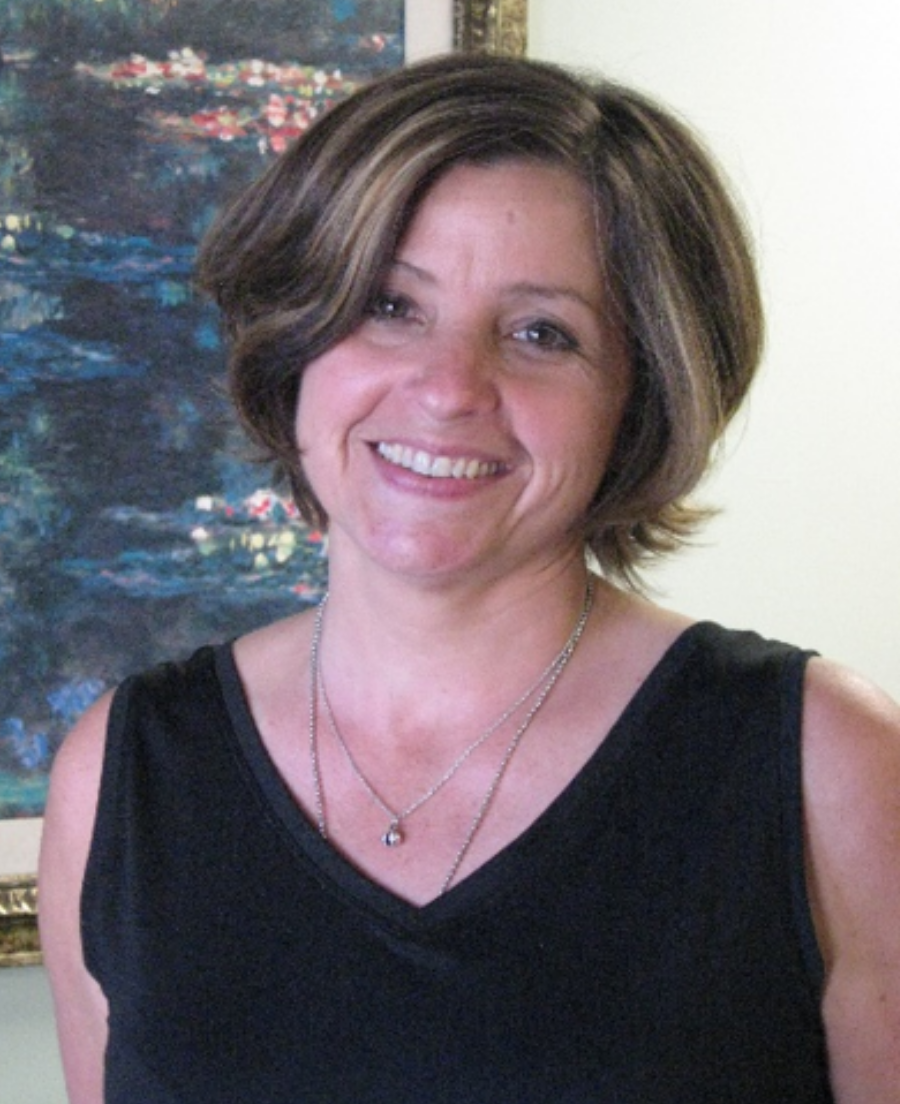about Converging Roads
Where Health Care Ethics and Medicine Converge
Converging Roads is a regional conference series offering continuing education for health care professionals that equips them to practice the highest ethical and medical standards of their profession. To learn more about Converging Roads, click here.- "What I appreciated most about Converging Roads was the fact that each issue was treated with care and with nuance. It was not the same arguments I have always heard, and each issue was examined from multiple perspectives. Presenters were well informed in medicine, ethics, and Catholic teaching, providing well rounded presentations that honored both God and science."
- -Previous Converging Roads attendee

REGISTRATION
Online registration closed on Thursday, February 27 at noon.
- On-site registration will be available on Saturday, February 29 on the third floor of the Outpatient Center at CHRISTUS St. Frances Cabrini Hospital beginning at 7:45 am.
- Opening remarks begin at 9:00 am.
- CHRISTUS St. Frances Cabrini Hospital - Conference Room 3A/3B
- 3330 Masonic Dr, Alexandria, LA 71301
- Cash, check, or credit cards will be accepted.
If you have any questions ahead of Saturday's event, please contact Erin Vallagomesa at [email protected].
Ticket Options:
- Physician/Physician Assistant: $149
- Nurse/Nurse Practitioner: $129
- General Admission*: $79
- (Other health care professionals and non-health care professionals)
- Medical resident, clergy, or religious*: $69
- Student Scholarship Rate**: $15
- (Medical, and nursing, graduate, and undergraduate students)
- *Not eligible for CME/CNE credits, however, Chaplain certificates of completion can be requested upon registration for continuing education purposes.
- **Not eligible for CME/CNE credits.
Exhibitor Opportunities:
Includes 1 exhibitor booth and admission for 1 organizational representative- Ministry/Non-Profit (including CME/CNE credits): $170
- Ministry/Non-Profit (not including CME/CNE credits)*: $100
- Vendor/For-Profit (including CME/CNE credits): $220
- Vendor/For-Profit (not including CME/CNE credits)*: $150
- *Not eligible for CME/CNE credits, however, Chaplain certificates of completion can be requested upon registration for continuing education purposes.
TOPICS
-
The Hippocratic Oath: Countering a Secularist Bioethics
- Thomas A. Cavanaugh, PhD
-
Dignity of the Patient
- Arland K. Nichols, PhD (cand.)
-
Proportionate vs. Disproportionate Means and Pain Management
- Rev. Tadeusz Pacholczyk, PhD
-
End of Life Decision Making & Advance Directives
- Natalie Rodden, MD
-
A Catholic Response to the Opioid Crisis
- Jeffrey Berger, MD, FASAM
-
Physician Heal Thy Self
- Maricela P. Moffitt, MD, MPH, FACP
-
Women’s Healthcare
- Susan Caldwell, MD, CFCMC, Rev. Brian Gunter, and Elizabeth Wilson, LCSW
SCHEDULE
7:45 AM |
Mass Check-In/Registration Begins |
9:00 AM |
Opening Remarks |
9:10 - 10:10 AM |
The Hippocratic Oath: Countering a Secularist Bioethics |
10:15 - 11:15 AM |
Dignity of the Patient |
11:15 - 11:30 AM |
Break |
11:30 AM - 12:30 PM |
A Catholic Response to the Opioid Crisis |
12:30 - 2:00 PM |
Hippocratic Oath Luncheon: Proportionate vs Disproportionate Means and Pain Management |
2:00 - 2:20 PM |
Break |
2:20 - 3:20 PM |
End of Life Decision Making and Advance Directives |
3:25 - 4:25 PM |
Physician Heal Thy Self |
4:25 - 4:40 PM |
Break |
4:40 - 5:40 PM |
Women's Healthcare |
5:40 - 6:30 PM |
Wine & Cheese Reception |
Speakers
SPONSORS
CONTINUING EDUCATION
Accreditation
This activity has been planned and implemented in accordance with the Essential Areas and Policies of the Accreditation Council for Continuing Medical Education (ACCME) through the joint providership of the Christian Medical & Dental Associations (CMDA) and St. John Paull II Foundation. Christian Medical & Dental Associations is accredited by the Accreditation Council for Continuing Medical Education to provide continuing medical education for physicians.
Physician Credit
The Christian Medical & Dental Associations designates this educational activity for a maximum
of 7 AMA PRA Category 1 Credit(s). Physicians should only claim credit commensurate with the extent of their
participation in the activity.
Physician Assistant
AAPA accepts certificates of participation for educational activities certified for AMA PRA Category 1 Credit(s) . by an organization accredited by the ACCME or a recognized state medical society. Physician assistants may receive up to 7 credits for completing this activity.
Nurse Practitioner
The American Academy of Nurse Practitioners Certification Program (AANPCP) accepts AMA PRA Category 1 Credit™ from organizations accredited by the ACCME. Individuals are responsible for checking with the AANPCP for further guidelines.
Nurse practitioners may receive up to 7 credits for completing this activity.
Nursing
This educational activity has been approved by the Ohio Nurses Association (ONA), an accredited approver by the American Nurses Credentialing Center’s Commission on Accreditation (OBN-001-91). _7_ contact hours approved.
Objectives:
– Discuss the health crisis centered on opioid abuse and overdosing. Describe a path forward for alleviating the opioid abuse and overdosing crisis through prevention, treatment, and recovery programs. Identify a robust response for implementation concerning opioid abuse and overdosing for Catholic facilities and Catholic medical professionals.
– Discuss the unique aspects of providing healthcare to women. Identify an integral view of the human person as essential for comprehensive and holistic medical care for women. Describe medical care that respects the unique ways women bring life, love, and their feminine genius into the world.
– Discuss the history of the Hippocratic Oath and its practical implications for medicine that is dignified, compassionate, and loving. Compare medicine rooted in an aggressive secularism with medicine rooted in the Hippocratic oath. Articulate how physician assisted suicide and euthanasia are inconsistent with the Hippocratic Oath and care for the whole person.
– Articulate the inner workings of the composite person, body, mind, and spirit. Describe how patient’s religious orientation can be useful when considering the dignity of the whole person – mind, body and spirit. Discuss how “healing thyself” (taking care of the body, mind and spirit) can be an effective means for genuine relationships between patients and physicians, and physicians with peers.
– Discuss the basis for the sanctity of human life. Describe how the human person images God. Articulate what it means to speak of the dignity of the person and how this dignity impacts medical care.
– Define proportionate and disproportionate means and identify the weaknesses of the language of futility in decision making. Describe the criteria used to determine whether a treatment is morally obligatory (proportionate) or morally optional
(disproportionate). Identity ethical principles relate to pain management. Identify case studies that apply ethical principles related to pain management into patient care.
– Discuss the advantages and disadvantages of advance planning documents for future medical needs. Review patient case examples demonstrating these issues and principles. Discuss the principle of free and informed consent and its relevance to advance planning documents.
Chaplains
The National Association of Catholic Chaplains has approved this program for 7.25 Continuing Education Hours. Please be sure to select the General Admission or Clergy/Religious (if applicable) ticket option and request a certificate of completion on your registration form. For questions, please email [email protected].
Venue
CHRISTUS St. Frances Cabrini Hospital
3330 Masonic Dr
Alexandria, LA 71301
For More Information:
Erin Vallagomesa, Conference Coordinator
832.779.1070
[email protected]
CONTACT US
-
PHONE
832.779.1070
-
PHYSICAL ADDRESS
1177 W Loop South, Ste. 940
Houston, TX 77027 -
MAILING ADDRESS
P.O. Box 5927
Katy, TX 77491
